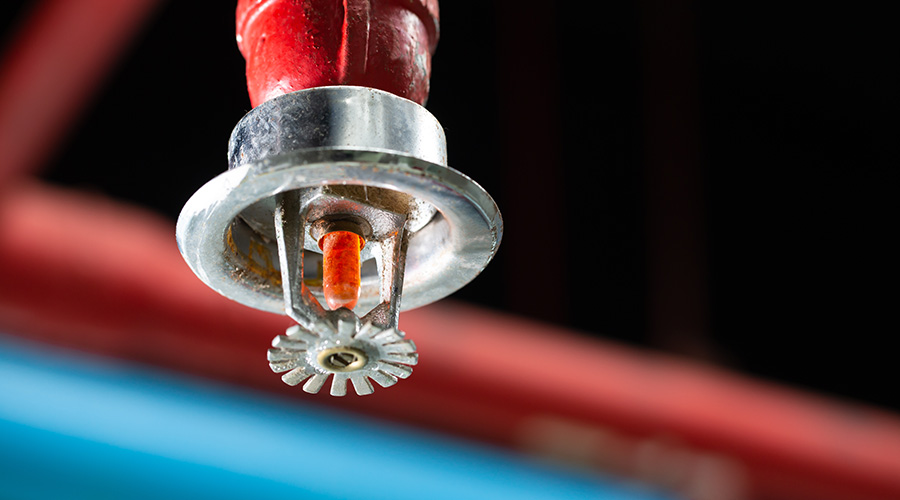Now with the Coronavirus arriving in the United States, and cases and deaths increasing every day, the country's medical staff is going to be working harder than ever to keep up with patients. Gloves In A Bottle is a shielding lotion that can help healthcare workers keep their hands healthy during this time.
"This is due to the potency of antibacterial gels on the market. Most of these gels contain at least 60% alcohol in order to be effective. Daily use of these can be very damaging to the skin. We as doctors highly recommend the use of shielding or protective hand lotions as an added defense to reverse the damage of over-sanitizing, and keep your hands healthy. Many hospitals and health care workers around the world, particularly in the USA, use a product called Gloves In A Bottle as part of their daily regimen. This product has a unique formula that is designed to enhance your skin's natural defense by creating an invisible shield, like a second skin," explains Dr. Weber.
Shielding lotions, such as Gloves In A Bottle, bond to the outermost layer of skin cells and becomes part of the skin itself. This particular brand does not wash off any more than the outer layer of skin washes off. It allows the skin to breathe and perspire naturally as shielding lotions come off naturally, as the outermost layer of skin cells are sloughed off or exfoliated, well within 24 hours. www.glovesinabottle.com
July 28, 2020
Topic Area: Press Release
Recent Posts
 Fire Protection in Healthcare: Why Active and Passive Systems Must Work as One
Fire Protection in Healthcare: Why Active and Passive Systems Must Work as One
Sprinklers, smoke compartments and firestopping can form an interdependent safety strategy.
 Cleveland Clinic Hits Key Milestones for Palm Beach County Expansion
Cleveland Clinic Hits Key Milestones for Palm Beach County Expansion
These include plans to begin demolition of current structure and hospital site preparation in 2026 and open the outpatient center and ambulatory surgery center in 2027.
 Assisted Living Facility Violated Safety Standards: OSHA
Assisted Living Facility Violated Safety Standards: OSHA
Fire at Gabriel House killed 10 residents died and injured and displaced dozens of others.
 McCarthy Completes Construction of Citizens Health Hospital in Kansas
McCarthy Completes Construction of Citizens Health Hospital in Kansas
The facility is among the nation’s largest hospitals funded through the U.S. Department of Agriculture’s Critical Access Hospital program.
 Emanuel Medical Center Caught Up in Data Breach
Emanuel Medical Center Caught Up in Data Breach